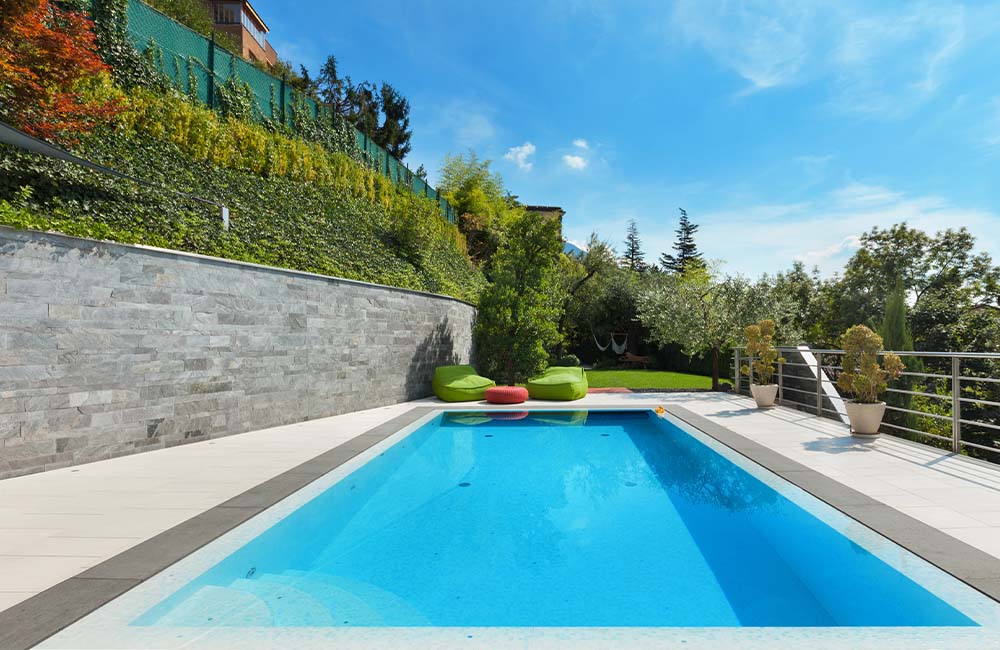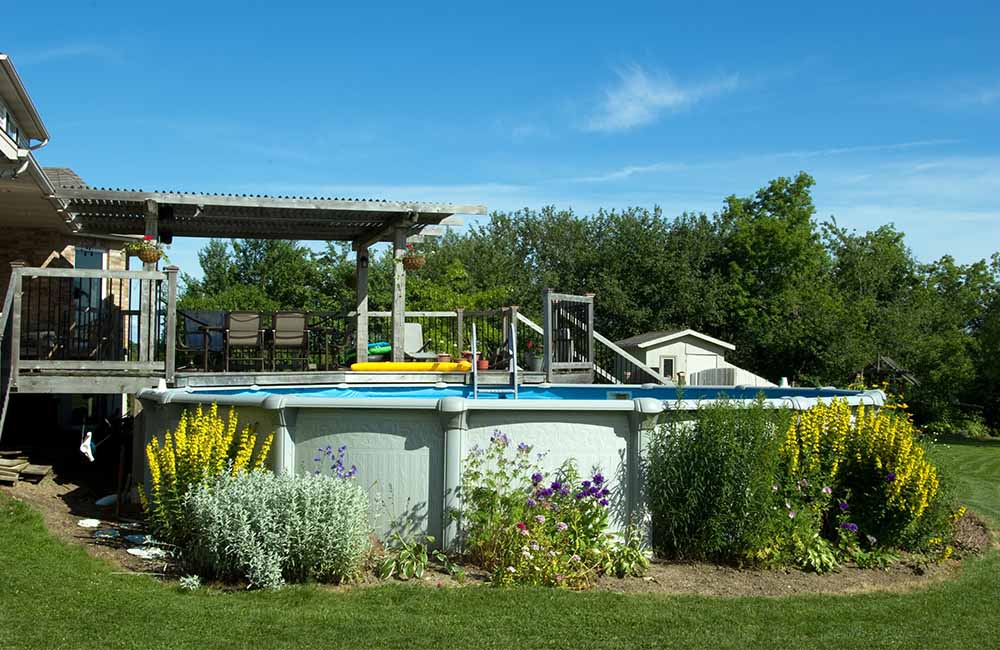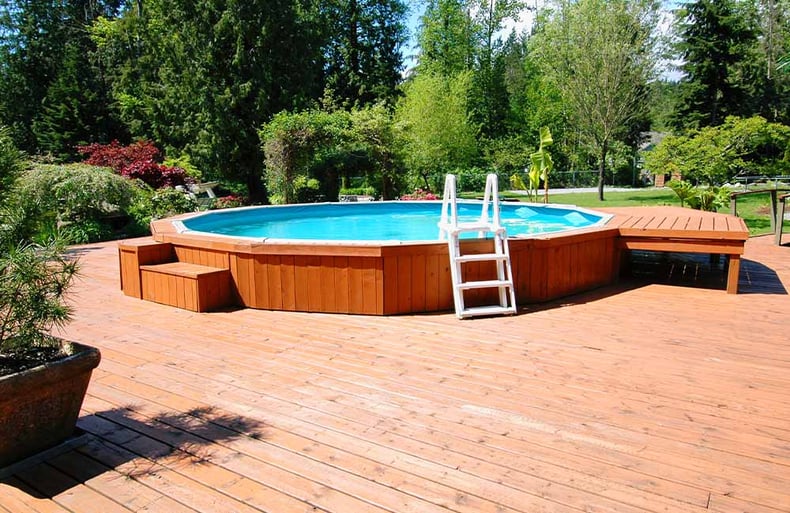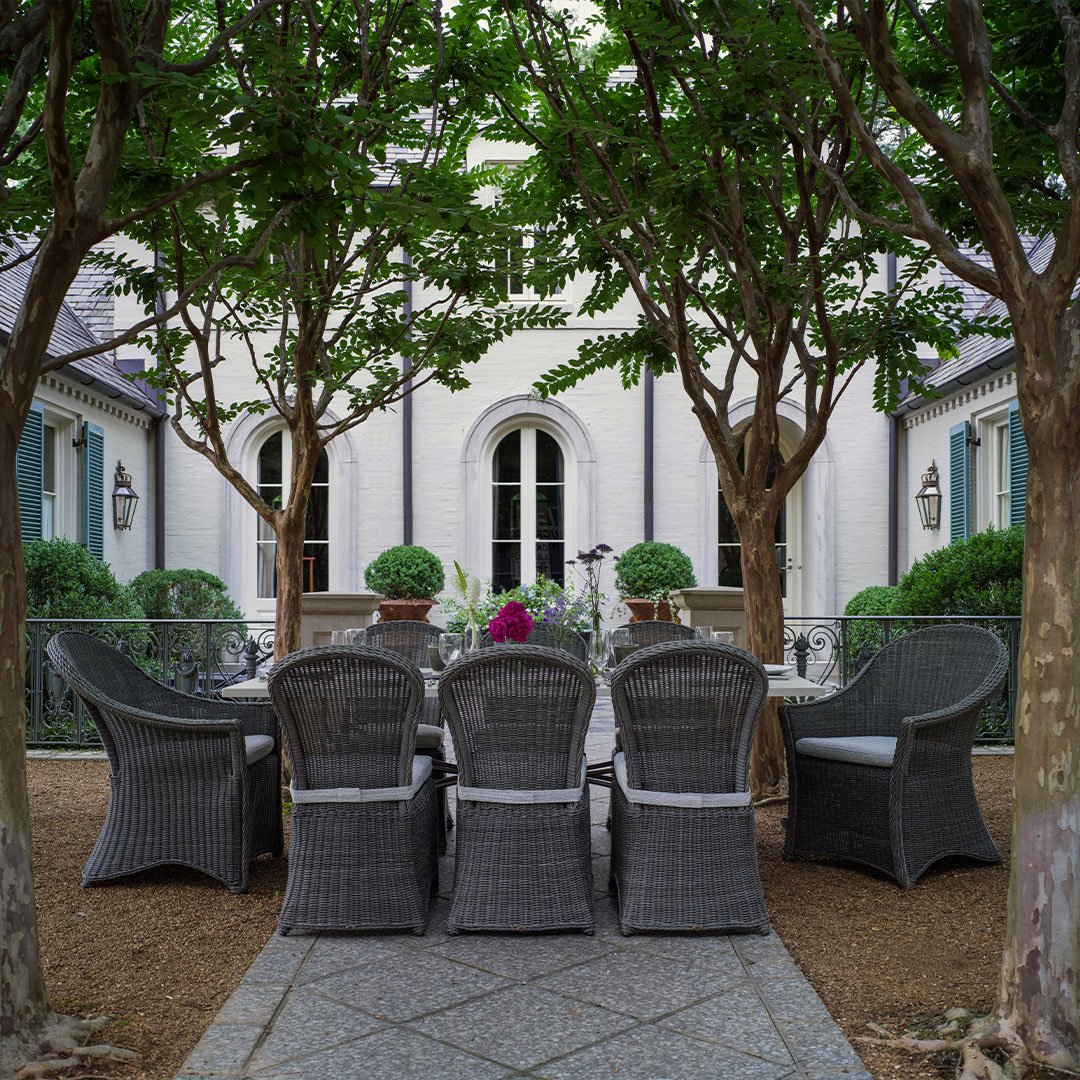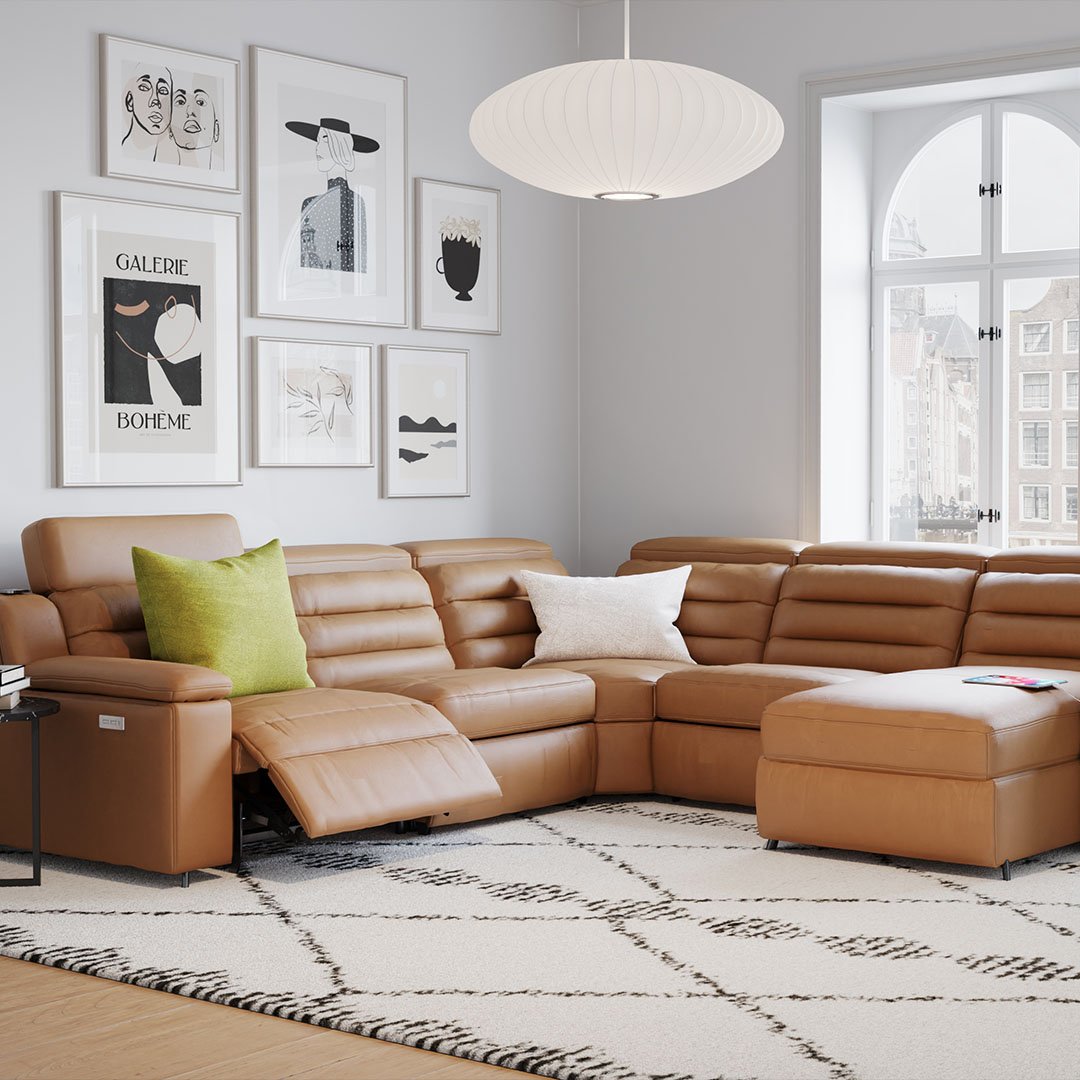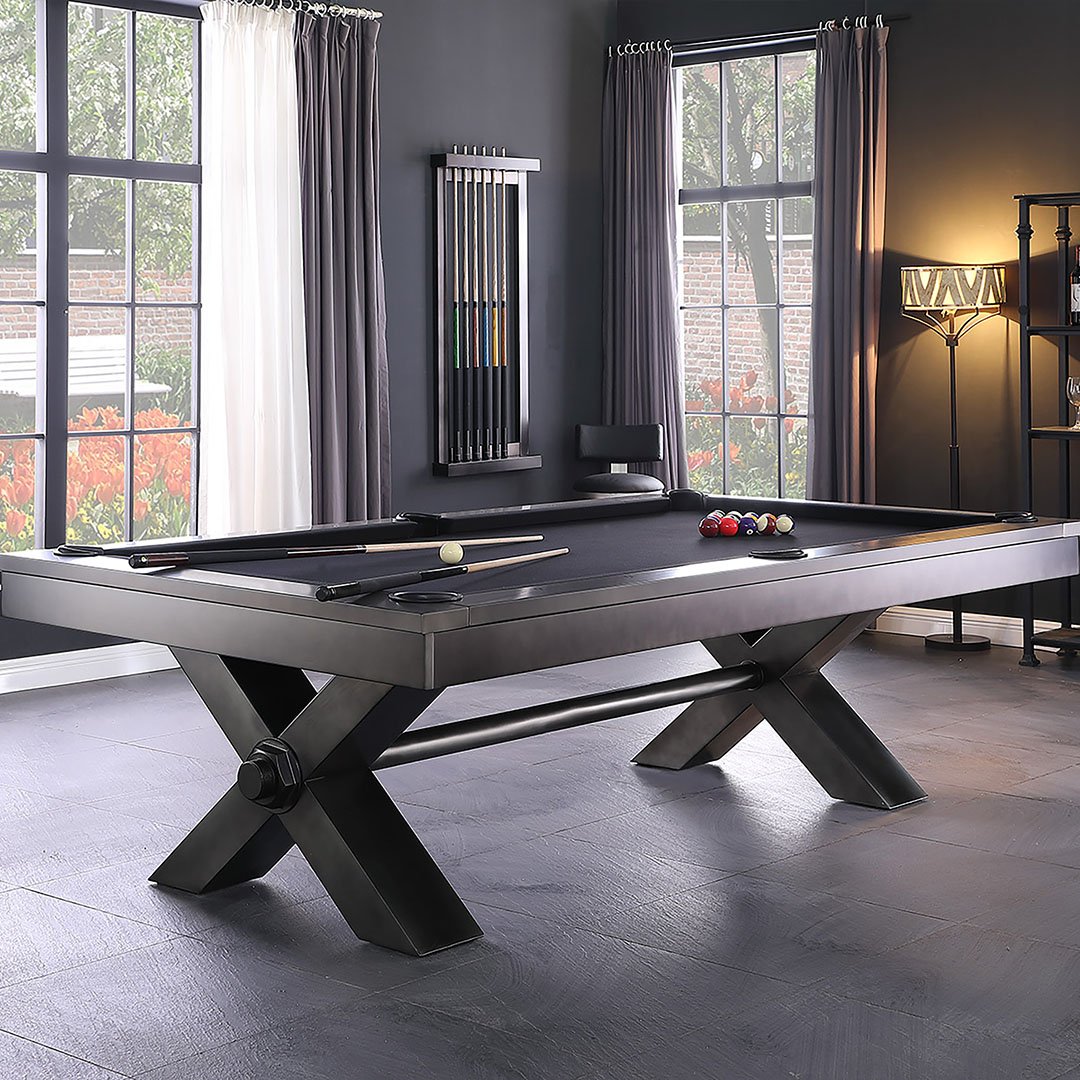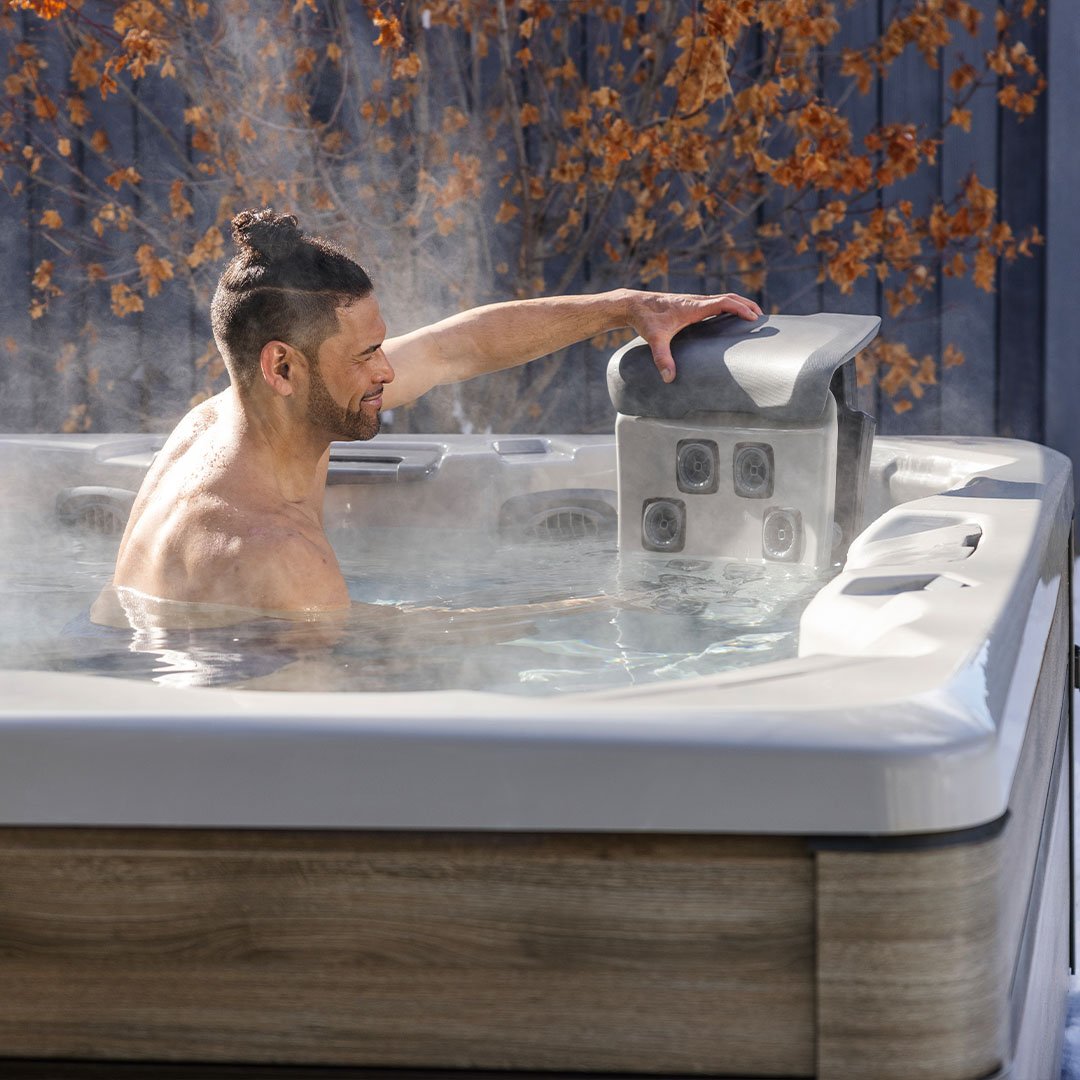Above-Ground vs. Inground Pools: The Ultimate Guide for Your Home
As we embrace the joys of home improvement, the allure of a private pool in our backyard becomes a dream for many. But when it comes to choosing between an above-ground and an inground pool, the decision can be as deep as the pool itself. In this guide, we'll help you navigate through this choice, considering essential factors like budget, space, maintenance, and lifestyle needs to find the ideal pool for your home.
Understanding Above-Ground Pools
Above ground pools have seen a surge in popularity, largely attributed to their affordability and ease of installation. These pools serve as an excellent choice for homeowners seeking a less permanent, more budget-friendly option. Let’s delve deeper into what makes above ground pools an attractive choice for many.
Advantages of Above Ground Pools
- Cost-Effectiveness: Typically, above-ground pools are significantly cheaper than their inground counterparts, both in installation and maintenance. If you're weighing the options between an inground and an above ground pool, cost is likely a significant factor in your decision. To help you understand the financial aspects of above ground pools, we've put together a comprehensive guide on the costs involved, from initial purchase to long-term maintenance. Explore our detailed guide on the Cost of Above Ground Pools to get a clearer picture of what to expect financially.
- Ease of Installation: Most above-ground pools can be set up within a few days, requiring minimal yard disruption.
- Flexibility and Portability: If you move homes, your pool can move with you. Their non-permanent nature also means less commitment.
Disadvantages of Above Ground Pools
- Limited Depth and Size: These pools don't offer the same depth or size as inground pools, which can be a downside for avid swimmers or large families.
- Durability Concerns: Some above ground pools may not withstand harsh weather as well as inground pools.
- Impact on Property Value: Unlike inground pools, above ground pools rarely add to the resale value of your home.
Exploring Inground Pools
Inground pools are often seen as a more luxurious option, offering longevity, durability, and a significant boost to your property's aesthetics and value.
Benefits of Inground Pools
- Aesthetic Appeal and Customization: Inground pools can be custom-designed, fitting perfectly into your landscape design.
- Durability and Longevity: Built to last, these pools can withstand harsh weather and wear over many years.
- Potential to Increase Property Value: In many markets, an inground pool can increase your home's resale value.
Drawbacks of Inground Pools
- Higher Initial Investment: The cost of installation is considerably higher than above-ground pools.
- Long-term Maintenance: They require ongoing maintenance, which can be more intensive and costly.
- Complexity of Installation: Installing an inground pool is a significant construction project that can take several weeks or months.
Cost Analysis and Budget Considerations
When planning for a pool, one of the most critical factors for most homeowners is the cost. The price of installing a pool can vary significantly based on several factors, including the type of pool, size, materials used, and additional features or landscaping. Understanding these costs is essential for making an informed decision that aligns with your budget and lifestyle needs.
Above Ground Pools: An Affordable Option
- Above ground pools are generally the more budget-friendly option. On average, the cost for above ground pools ranges from $1,500 to $5,000 for basic models. More elaborate designs with additional features like decks and customized liners can increase this cost, but typically do not exceed $10,000.
- These pools are less labor-intensive to install, and many homeowners opt to do the installation themselves, further saving on costs.
- The maintenance cost for above ground pools is also comparatively lower. The smaller volume of water and simpler filtration systems mean fewer chemicals and lower energy costs for running pumps and heaters.
Inground Pools: A Higher Investment with Long-term Value
- Inground pools represent a more significant investment. The average cost for an inground pool ranges from $20,000 to $50,000, depending on the size, materials, and complexity of the design. Luxurious or highly customized inground pools can even exceed $100,000.
- Factors that add to the cost include excavation, professional installation, high-quality materials like concrete, fiberglass, or vinyl, and additional features like waterfalls, lighting, and custom tiling.
- Maintenance costs for inground pools are higher due to their larger size, more complex filtration systems, and additional upkeep requirements. Homeowners can expect to spend several hundred to over a thousand dollars annually on pool maintenance.
Long-term Considerations
- It's important to consider the long-term investment aspect of installing a pool. Inground pools often add to the property value, potentially offering a return on investment if you decide to sell your home. Above ground pools, on the other hand, are generally not considered in home valuations.
- Energy-efficient pumps, heaters, and LED lighting can help reduce ongoing costs for both types of pools. Similarly, investing in a good-quality pool cover can minimize water evaporation and heat loss, further reducing maintenance costs.
Climate and Geographic Considerations
Your local climate plays a crucial role in this decision. In colder regions, an above-ground pool might be more practical, as it can be dismantled during harsh winters. In warmer climates, an inground pool can offer year-round enjoyment and is often expected in certain neighborhoods.
Maintenance and Upkeep
Above ground pools require regular cleaning and chemical maintenance, though less so than inground pools. Inground pools, with their larger volume and surface area, demand more consistent upkeep.
Customization and Design Options
Inground pools offer endless design possibilities, from classic rectangles to custom shapes that complement your landscape. Above ground pools are more limited in design but offer flexibility in terms of placement and portability.
Safety and Accessibility
Safety should be a top priority. Inground pools can be equipped with built-in safety features like fencing and alarms, while above ground pools often come with removable ladders to prevent unsupervised access.
Long-term Value and Investment
While inground pools can be a significant investment, they often pay off in terms of property value and lifestyle enhancement. Above ground pools, though cheaper, don't typically add to property value but can be an excellent short-term solution.
Pool Systems and Sanitization Options
Both pool types can use either saltwater or chlorine systems, although saltwater is generally not recommended for above ground pools as it can corrode the pool wall and rails. Saltwater systems are gentler on the skin and eyes but can be more expensive initially. Chlorine systems are more common and less costly upfront but require regular maintenance.
Making the Decision: Which Pool is Right for You?
Consider your budget, long-term plans, and the climate of your area. Do you prefer a quick and less expensive option, or are you looking for a long-term investment that enhances your property's value?
Whether it's an above-ground pool that offers quick, cost-effective fun or an inground pool that serves as a long-term investment in your home's value and your family's lifestyle, the choice ultimately depends on your personal needs and preferences.
Ready to dive into the perfect pool for your home? Explore Watson's range of pool options and personalized services to make your dream pool a reality.
FAQs
1. What are the safety considerations for above ground pools?
Answer: These pools often have higher edges, which can naturally restrict access to small children and pets. However, it's important to ensure secure, lockable ladders to prevent unsupervised access. Additionally, installing a pool alarm can provide an extra layer of safety.
2. Can above-ground pools be customized to fit my backyard's aesthetics?
Answer: Absolutely! While above-ground pools have some limitations compared to inground pools, there are still plenty of customization options. These include choices in liner patterns, shapes, and sizes. Additionally, surrounding decking and landscaping can significantly enhance the pool’s appearance, making it blend seamlessly with your backyard design.
3. Are above-ground pools worth the investment?
Answer: Above-ground pools are a worthwhile investment for those seeking a more budget-friendly and flexible pool option. They offer the enjoyment of a swimming pool without the high costs and permanence of an inground pool. Above-ground pools are particularly ideal for families who want a pool experience with a smaller upfront investment or for those who have space or zoning limitations. While they may not add to the resale value of a home like inground pools, they provide significant recreational value and can be an excellent choice for seasonal use in certain climates.
Get a Same-Day Pool Quote
Topics: Pool - Above Ground Pools, Pool - Semi-inground Pools, Learn more






